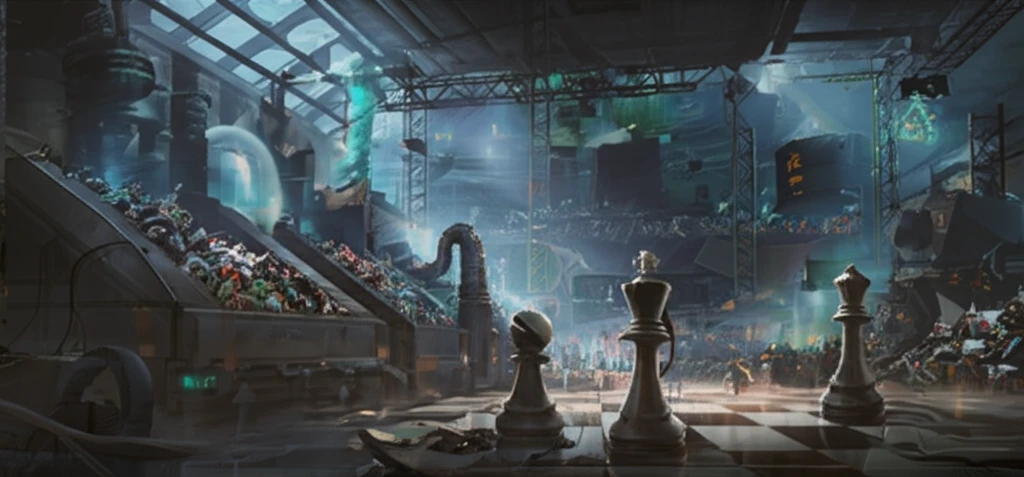
Turning Trash into Treasure: How Game Theory Can Revolutionize E-Waste Recycling
"Unlocking Economic and Environmental Benefits in Brazil's E-Waste Management"
In today's world, economic and environmental crises often stem from similar roots: market failures and the mismanagement of our precious natural resources. In Brazil, the establishment of the National Policy of Solid Waste (PNRS) has paved the way for innovative reverse logistics practices, especially in the realm of electrical and electronic equipment. But how can we truly optimize this system to benefit both the environment and the economy?
This article explores how Game Theory, a powerful tool for strategic decision-making, can be applied to the negotiation process between electronic manufacturers and cooperatives of collectors/recyclers dealing with waste electrical and electronic equipment (WEEE). By using a quantitative approach, we'll uncover the potential economic gains and the possibility of eliminating market failures.
Join us as we delve into the world of e-waste management in Brazil and discover how innovative economic strategies can lead to a more sustainable and prosperous future. Whether you're an environmental advocate, a business leader, or simply curious about the intersection of economics and sustainability, this article will provide valuable insights into a pressing global issue.
The Power of Game Theory in E-Waste Management

Game Theory provides a framework for understanding strategic interactions, where the outcome for each participant depends on the actions of all. When applied to e-waste management, it helps align the interests of different stakeholders, such as manufacturers and recyclers, who may have conflicting objectives. By modeling their interactions as a 'game,' we can identify solutions that maximize benefits for all parties involved.
- Efficiency: Gives efficiency to the management of WEEE in Brazil.
- Goal Achievement: Reaching recycling goals without government intervention.
- Nash Bargaining Model: More efficient than Pareto Balance for WEEE management.
- Policy: Model depends on changes in Brazilian politics of solid waste.
The Future of E-Waste Management in Brazil
The application of Game Theory to e-waste management in Brazil offers a promising path toward a more sustainable and economically viable system. By aligning the interests of manufacturers and recyclers, we can unlock the potential of reverse logistics and create a circular economy for electronic devices. As Brazil continues to develop its environmental policies, embracing innovative economic tools like Game Theory will be essential for achieving its sustainability goals and transforming waste into a valuable resource.
